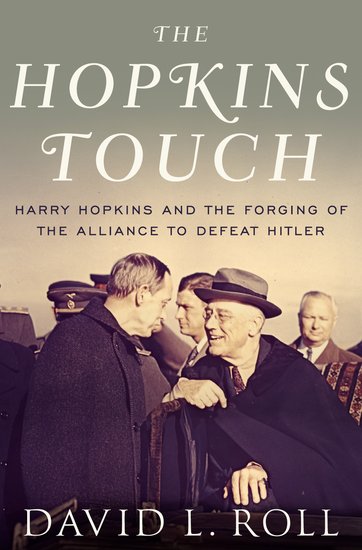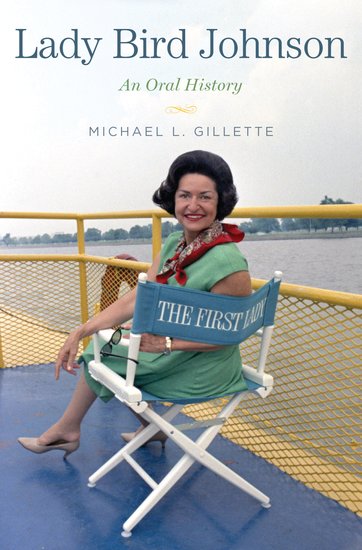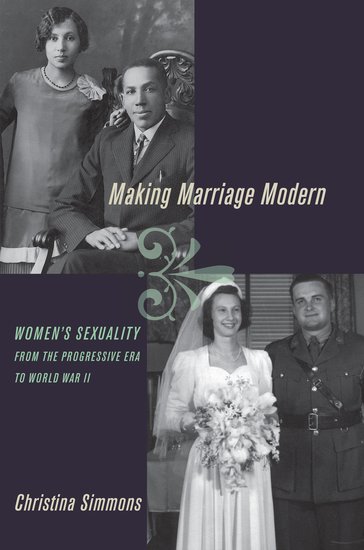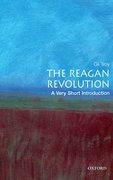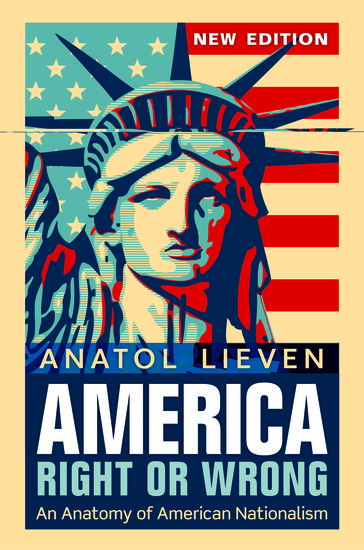Checking in on Martin Luther King, Jr.’s dream, with data
By Sydney Beveridge
Martin Luther King, Jr. was the legendary civil rights leader whose strong calls to end racial segregation and discrimination were central to many of the victories of the Civil Rights movement. Every January, the United States celebrates Martin Luther King Jr. Day to honor the activist who made so many strides towards equality.


